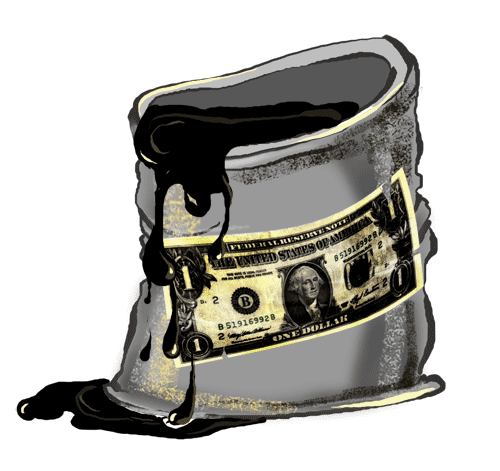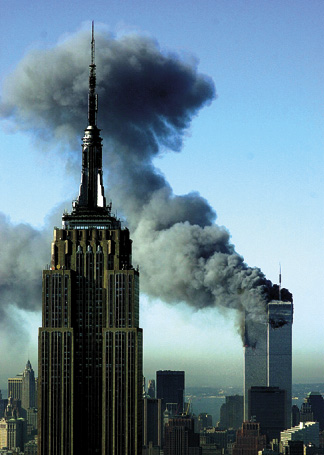United States
Turning the tide of oil in US and world politics

By Dan La Botz
Mondragon: A path to 21st century socialism?
By Louis Proyect
Making sense of Trotskyism in the United States: Two memoirs
[This review-essay was written for and is scheduled to appear in the British journal Revolutionary History, which has granted permission to circulate it on-line. Please include this acknowledgement when sharing it.
Socialist Alliance: Solidarity with US socialists and anti-war activists raided by FBI
October 1, 2010 -- The Socialist Alliance (Australia) reaches out in comradely solidarity to the socialist and anti-war activists in the US who were subjected to early-morning raids on their homes and offices by the Federal Bureau of Investigations (FBI) in Minneapolis, Chicago, Michigan and North Carolina on September 24.
We understand that the FBI seized computers, passports, books, documents, cell phones, photos, financial records, diaries, maps and other materials using warrants were issued under a 1996 statute which made it a crime for US citizens to provide “material assistance” to any organisation designated by the government as “terrorist".
We condemn these raids and demand that the property seized be immediately returned and the victims of the raids be fully compensated. We also call for the revocation of the anti-democratic grand jury subpoenas against some of the raided activists.
We will also approach other organisations and activists to discuss and plan solidarity with the activists now being victimised under US "terrorism" laws.
`A force which is truly for good' -- John Coltrane and the jazz revolution
The John Coltrane Quartet (John Coltrane, McCoy Tyner, Jimmy Garrison, Elvin Jones) on the 1963 TV pr

[This is the slightly edited text of a talk presented to the Democratic Socialist Perspective and Resistance educational conference in Sydney in January 2002. Dave Holmes is now a leader of the Socialist Alliance in Melbourne. This and other writings are also available at Dave Holmes' blog, Arguing for Socialism.]
By Dave Holmes
I'd like to begin with a juxtaposition of two events — one which took place relatively recently and the other a long time before.
James P. Cannon: An introduction

[This the introduction to Building the Revolutionary Party: An Introduction to James P. Cannon (Resistance Books: Chippendale, 1997). Dave Holmes is now a leader of the Socialist Alliance in Melbourne. This and other writings are also available at Dave Holmes' blog, Arguing for Socialism.]
By Dave Holmes
James P. Cannon was a pioneer of the Communist Party of the United States and one of its central leaders in the 1920s. Breaking with the Stalinised CP in 1928 he founded the US Trotskyist movement and played the decisive role in building it for over three decades.
United States: The railroading of Leonard Peltier

By Mike Ely
Join in demanding freedom for Leonard Peltier, so that at long last simple justice be done for him and the Indigenous peoples of North America. Sign this petition urging his release. Petitions are also being circulated urging clemency and urging US Congress to investigate FBI misconduct on Pine Ridge and the “reign of terror” that existed between 1973 and 1976. This article was first written in 1998.
False food choices under capitalism

Below is the editorial of the Socialist WebZine, online
The debate on the rate of profit
By Michel Husson
July 2010 -- International Viewpoint -- A polemic on the rate of profit has developed over the last few months. This article seeks to review this debate which turns around four essential questions. [1]
The four questions are:
- an empirical question: what has been the evolution of the rate of profit since the early 1980s in the big capitalist countries?
- a theoretical question: what is the status of the tendential fall in the rate of profit in the Marxist analysis?
- a “semi-theoretical” question: what is the nature of the crisis?
- a programmatic question: what is the impact of this discussion on the proposals advanced in the period opened by the crisis?
The evolution of the rate of profit
United States: Socialist Party national organizing conference, Madison, August 14-15, 2010
2010 NATIONAL ORGANIZING CONFERENCE